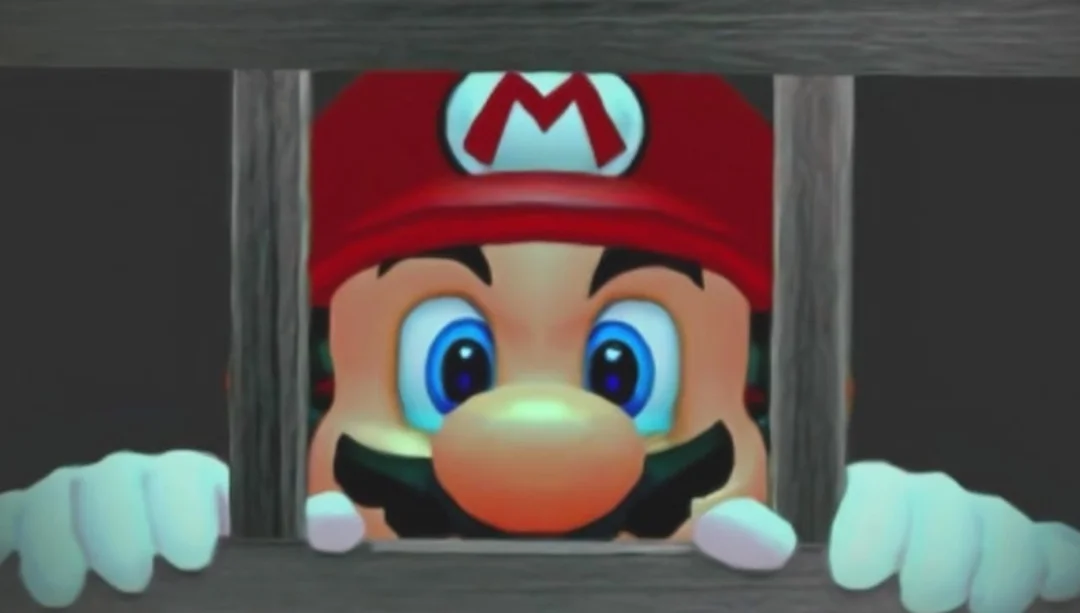
Nintendo’s Iron Fist: Bricking Consoles and Waiving Lawsuits in New User Agreement – What Does It Mean for Gamers?
Nintendo is tightening its grip on its ecosystem. Recent updates to the Nintendo Account User Agreement and End User License Agreement (EULA) have sparked debate among gamers, raising questions about user rights and console security.
The most alarming change? Nintendo now warns it may brick Switch systems if users "bypass, modify, decrypt, defeat, tamper with" their games. This stern measure aims to combat piracy and **emulation**, but raises concerns about legitimate users potentially facing unintended consequences.
Previously, the agreement focused on prohibiting reverse engineering and unauthorized modification of Nintendo Account Services. Now, the updated version explicitly states that failing to comply with these restrictions could render the device "permanently unusable". You can see the wording of the old and new agreement in detail here.
But that's not all. In another significant move, Nintendo of America's new EULA includes a clause asking users to waive their right to join class action lawsuits against the company.

This change comes after Nintendo faced multiple class action lawsuits over the infamous Joy-Con drift issue. While Nintendo offers alternative dispute resolution methods, such as customer service, the move raises concerns about consumer protection.
Clause 16 of the EULA is very clear: "This arbitration provision precludes you and Nintendo from suing in court, having a trial by jury, or participating in a class action. You and Nintendo agree that arbitration will be solely on an individual basis and not as a class arbitration, class action, or any other kind of representative proceeding." You have a limited time frame to opt-out, so be sure to read the document yourself!
Nintendo isn't alone in exploring such clauses. Disney faced similar backlash when it was revealed Disney+ had similar statements last year.

These policy updates arrive as Nintendo prepares for the launch of the Switch 2, making it clear that the company is taking a proactive approach to protect its intellectual property and legal interests. In recent years, Nintendo won a case resulting in $17,500 in damages from a streamer who pre-released the game and promoted **emulators**.
It remains to be seen how these changes will impact the Nintendo community. Will they deter piracy and protect Nintendo's interests, or will they alienate legitimate users and stifle innovation? What do you think about Nintendo's hardline stance on console modifications and legal disputes? Share your thoughts in the comments below.